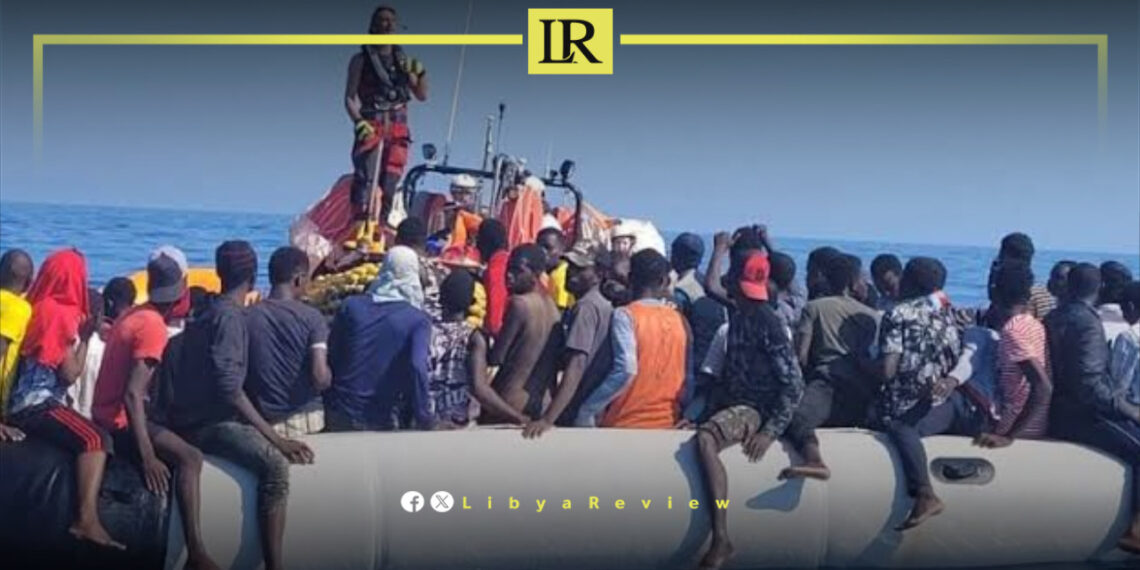A German NGO has accused the European Union (EU) of financing “dubious entities” in Libya under the pretext of combating irregular migration.
The NGO, SOS Humanity, claims that this funding has led to systematic human rights violations, including the forced return of 145,000 migrants from the Mediterranean over the past eight years.
In a statement reported by German broadcaster Deutsche Welle, the NGO criticised the EU’s substantial investments in third countries, including Libya, Tunisia, and Albania, for managing borders and asylum procedures. According to SOS Humanity, these policies expose migrants to grave dangers, including abuse, arbitrary detention, and forced deportations.
From 2016 to 2027, the EU and its member states are expected to spend at least €327.7 million on border management efforts in Libya and Tunisia. Despite these investments, the NGO argues that entities like the Libyan Coast Guard fail to comply with international rescue standards, leading to “illegal pushbacks and widespread abuse.”
The accusations extend to Tunisia, where the Tunisian Coast Guard has reportedly endangered migrant lives with high-speed maneuvers, physical violence, and deliberate collisions. The NGO contends that neither Libya nor Tunisia can be considered safe havens for migrants under international law.
The EU’s outsourcing of asylum processes to third countries, such as the Italy-Albania protocol launched in 2023, has also come under fire. With a price tag of €653 million over five years, the program has been suspended following legal challenges in Italy. Critics, including SOS Humanity, argue that such agreements erode the EU’s commitment to human rights while failing to provide effective solutions.
Marie Michel, a political expert with SOS Humanity, described these externalization policies as “costly, ineffective, and dangerous.” She added:
Instead of protecting refugees, the EU is enabling pushbacks, unlawful detention, and denial of asylum rights. This approach represents a shocking betrayal of European values and international law.


